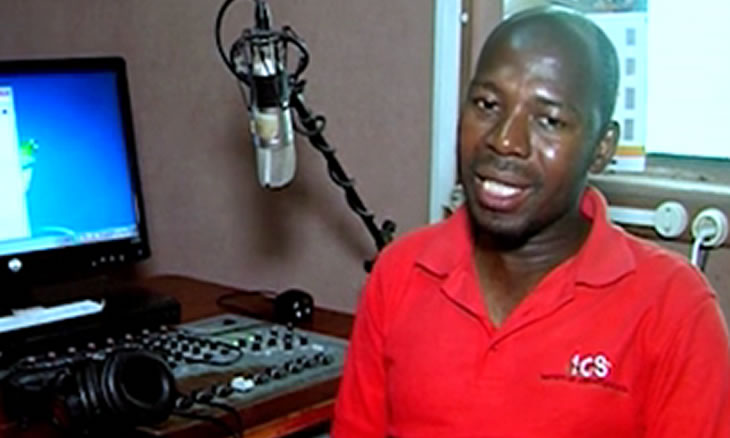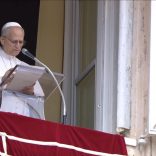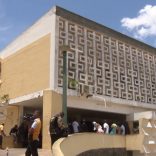Mozambique: Matola hosts civil society march against femicide this Saturday
UN experts call for release of Abubacar – AIM report

Amade Abubacar. File photo: O País
Two United Nations human rights experts have called on the Mozambican authorities to release immediately imprisoned journalist Amade Abubacar, and investigate allegations that he was ill-treated while in military custody in the northern province of Cabo Delgado.
In a Friday press release, the UN Special Rapporteur on freedom of expression, David Kaye, and the Chair of the Working Group on Arbitrary Detention, Seong-Phil Hong, said “At a time of rising threats to journalists and independent media, Mr. Abubacar’s arrest and the allegations of his ill-treatment are extremely worrying.”
“We are gravely concerned by this alleged arbitrary arrest and ill-treatment, which appears to be directly related to Mr. Abubacar’s work as a journalist and which could have a chilling effect on the exercise of the right to freedom of expression in Mozambique,” the two experts added.
Abubacar, who has worked for nine years on the state-owned Nacedje community radio in the Cabo Delgado district of Macomia, and strings for a number of other publications, including the Zitamar News Service, was seized in Macomia town on 5 January, apparently because he had been photographing displaced people who had fled from attacks by terrorist groups, believed to be islamic fundamentalists, in the interior of the district.
He was driven 90 kilometres into Mueda district, where he was illegally held in a military barracks for 13 days. Mozambican law does not allow the imprisonment of civilians in military facilities.
He was subsequently transferred first to the Macomia district police command, and then to the top security jail in the provincial capital, Pemba.
Despite the blatant illegality of his detention, he has been charged with violations of state security. The release from the two UN experts says this “raises significant concerns about the criminalizing of reporting in Mozambique”.
So far attempts to secure Abubacar’s release on bail have failed. The spokesperson for the Cabo Delgado provincial court, Francisco Murrula, told the independent television station STV that, although Abubacar is not regarded as a flight risk, the judge had decided to keep him in preventive detention so that he cannot influence the course of the investigations.
Yet the prosecution has so far not even presented a formal charge sheet to the court. When it does the court must decide whether there is enough evidence to justify a trial.












Leave a Reply
Be the First to Comment!
You must be logged in to post a comment.
You must be logged in to post a comment.